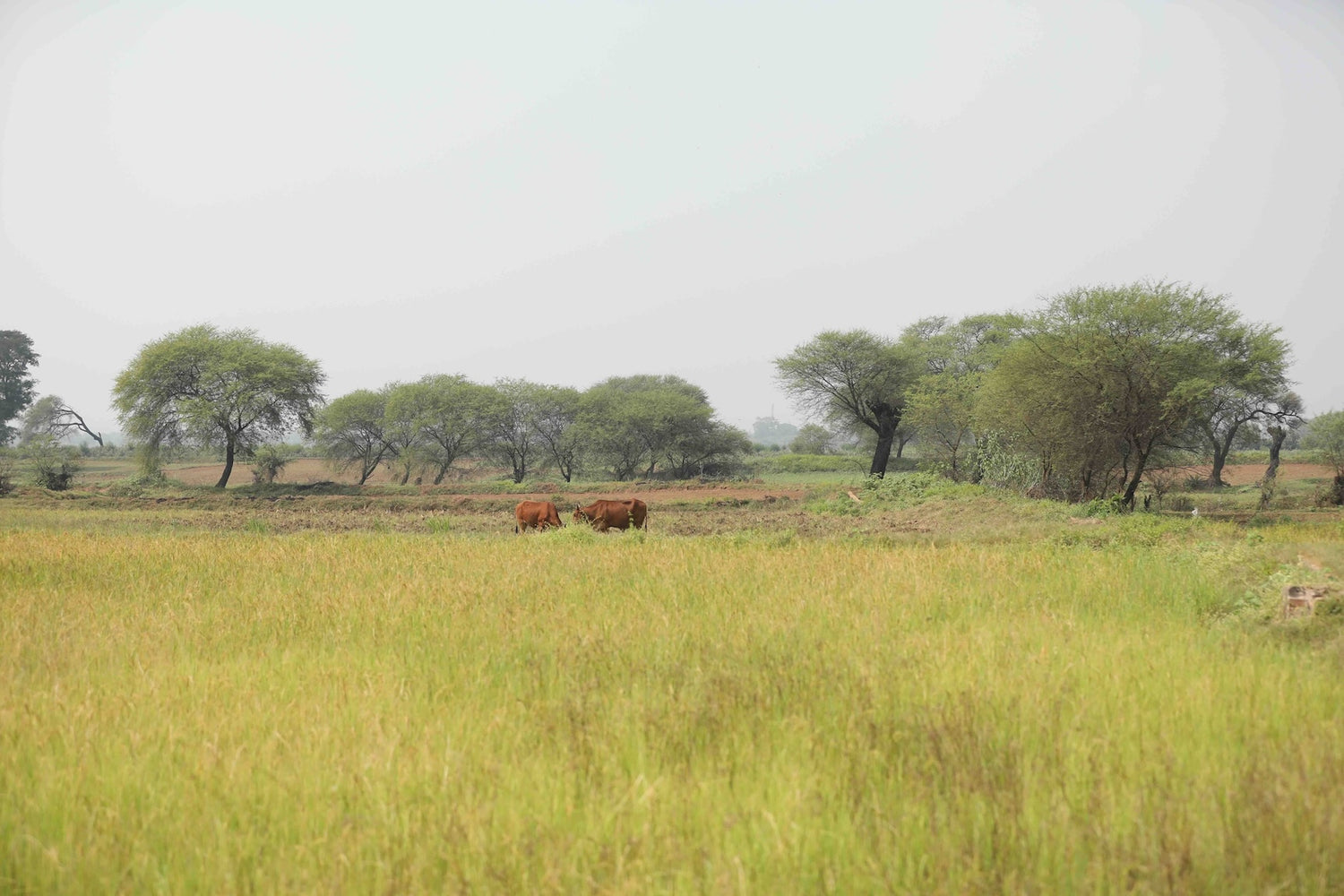A ground-breaking discovery may help enhance recycling and decrease textile waste. Researchers at North Carolina State University used enzymes to separate blended cotton and polyester. According to Sonja Salmon, Associate Professor, Textile Engineering, Chemistry and Science, College of Textiles, "We can separate all of the cotton out of a cotton-polyester blend, meaning now we have clean polyester that can be recycled." The study, however, also found that blended cloth chemically dyed or treated to boost wrinkle resistance required more stages to separate.
The Separation Process:
The cellulose in cotton was broken down using an enzyme "cocktail" in a moderately acidic solution to let cellulose "fall out" of the blended woven structure. "This is a mild process. The treatment is slightly acidic, like using vinegar," said Sonja Salmon. The study was operated at a temperature of 50 degrees Celsius, comparable to a hot washing machine, added Salmon.
The process left behind some tiny cotton fiber fragments and glucose, a biodegradable consequence of destroyed cellulose. The glucose was then removed from the process and the cotton fiber pieces were filtered out, resulting in only a clean polyester remainder. The colored materials required more enzymes and took longer to degrade. Researchers used chemical pre-treatment on fabrics finished with durable press chemicals before adding the enzymes.
Researchers reported that while polyester might be recycled, cotton particles in a slurry may have value as a supplement for paper or as a component of composite materials. Additionally, they are looking at the possibility of converting glucose into biofuels. According to Salmon, the slurry is composed of leftover cotton fragments that are resistant to an extremely potent enzyme breakdown. It can be useful as a strengthening agent. "For the glucose syrup, we're collaborating on a project to see if we can feed it into an anaerobic digester to make biofuel. We'd be taking waste and turning it into bioenergy, which would be much better than throwing it into a landfill," said Salmon.
Choose Products Made of Sustainable Textiles
The average American throws away 81.5 pounds of clothing each year. An estimated 11.3 million tons or 85% of all textiles are trashed into American landfills each year. To enable recycling of each component material, researchers and scientists are trying to create a technique for separating cotton from polyester to maximize recycling material. Meanwhile, we can also do our part by choosing products made of sustainable fabrics to prevent waste. The fashion industry must update its skills in the field of sustainable fashion, as public awareness of the negative effects of rapid fashion is rising.
Suggested Read: 5 Reasons to Ditch Fast Fashion
As a sustainable fashion brand, we decided to make our bags and apparel using certified organic cotton from the start when we launched. We are committed to offering eco-friendly alternatives to help you improve your closet's sustainability credentials. Our products are GOTS and Fair Trade Certified™. Check out the collection here!
Related blog post:
Plastic Polymers Detected In Human Blood For The First Time




